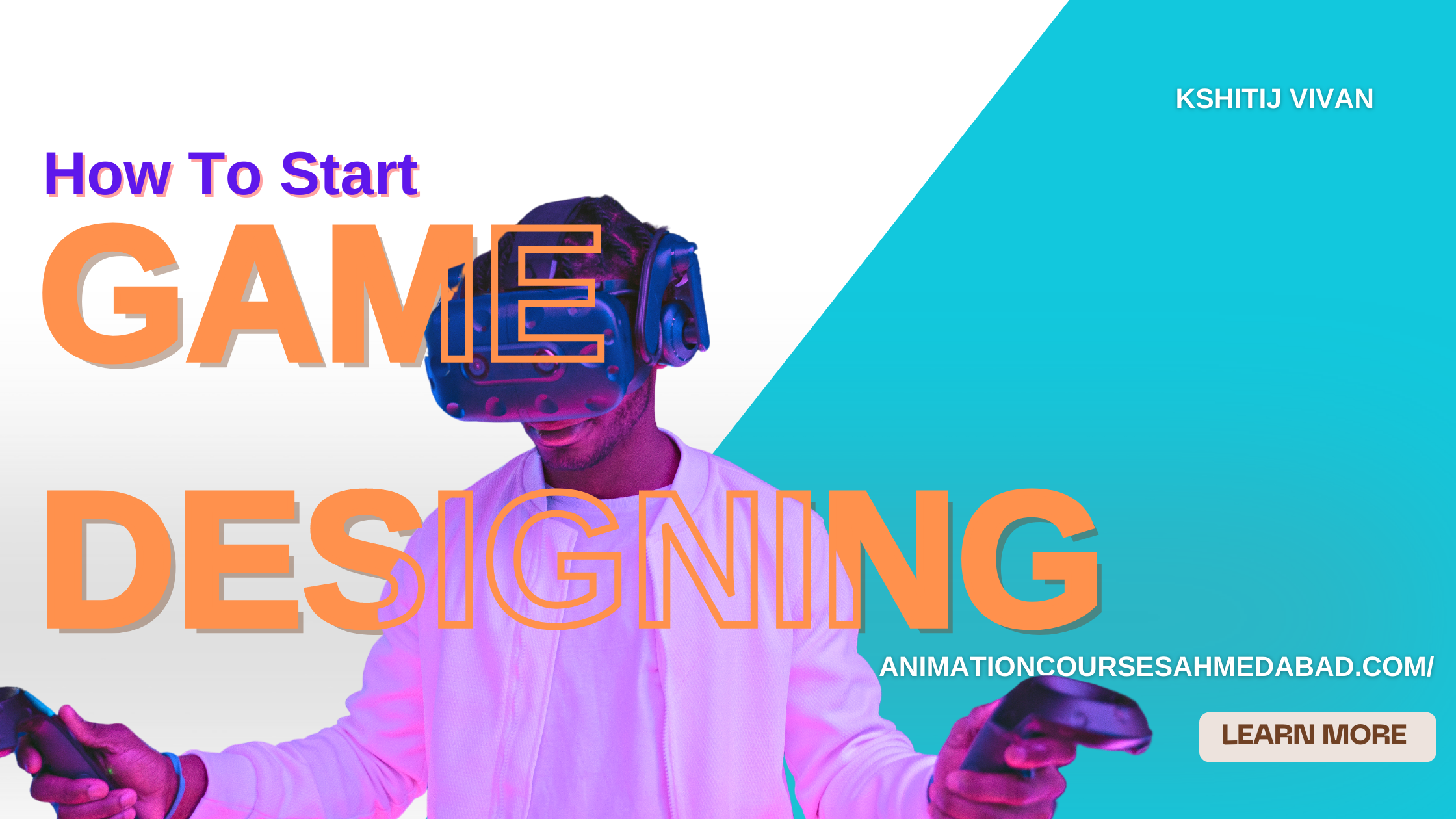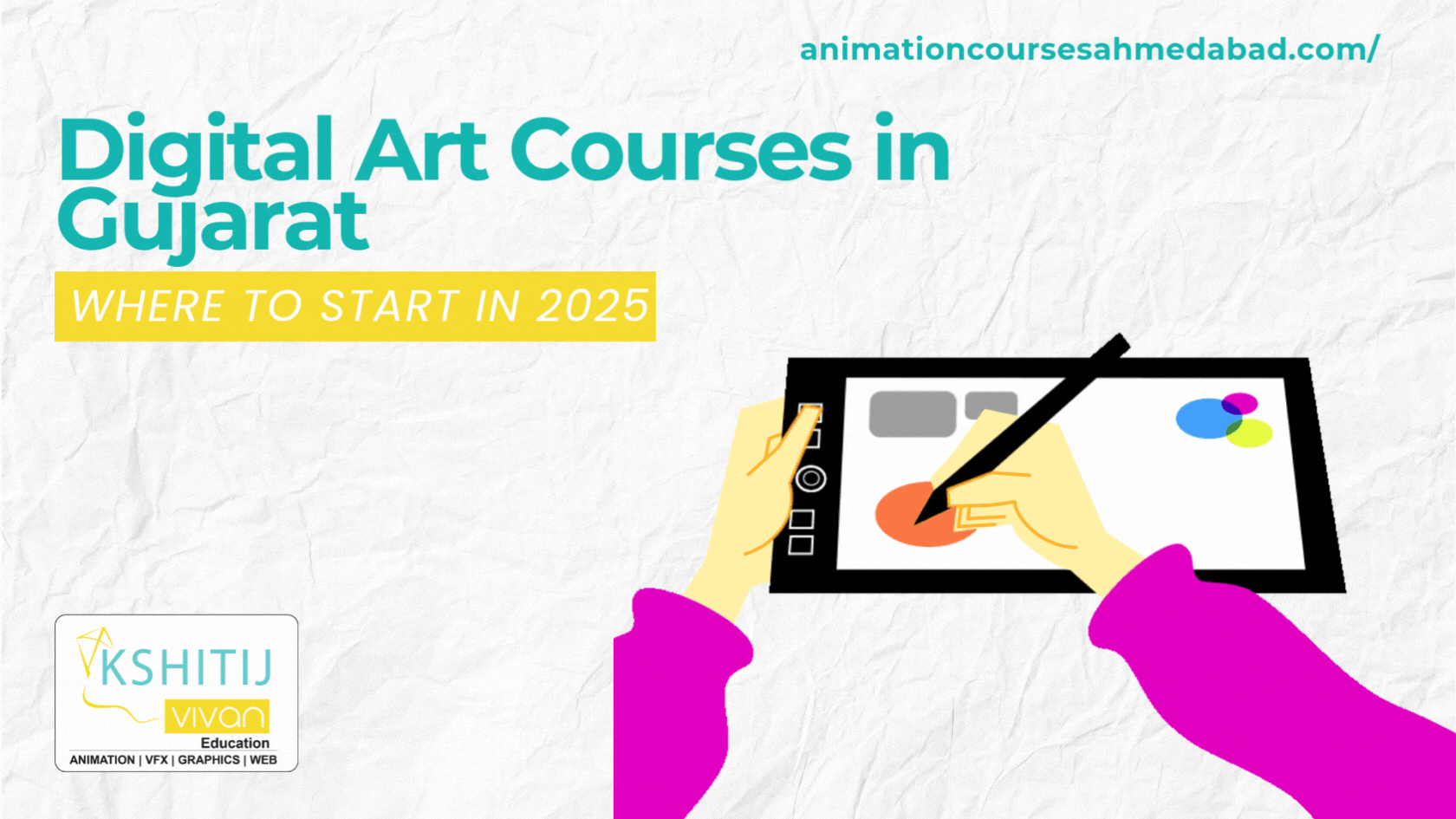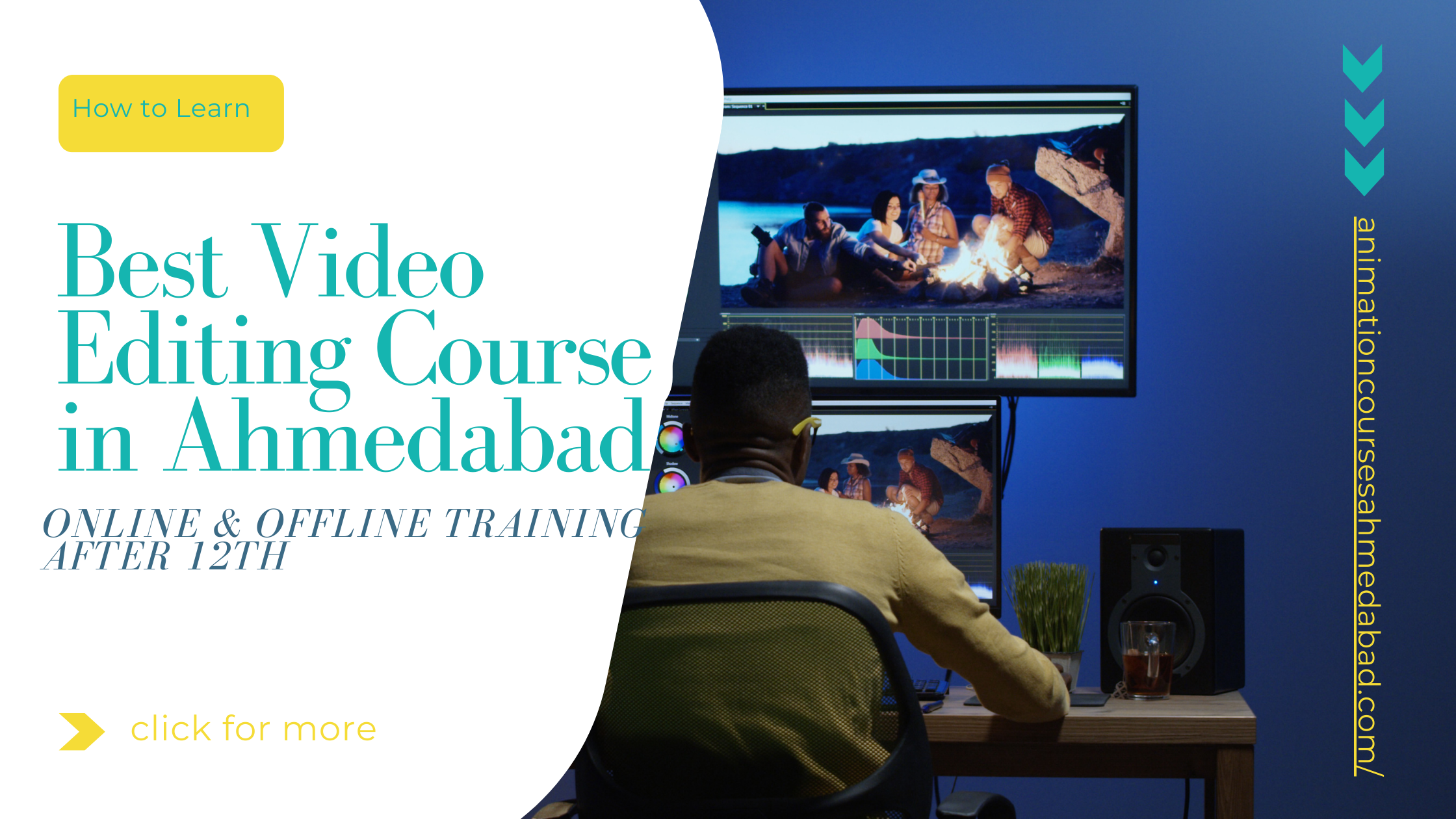
How to start a career in game designing after 12th
If you are interested in a career in game design,
then this article will help you to understand what it takes to get started.
We will talk about the various skills or qualifications that are needed and
give some tips on how to get started.
Game Design as a Career
Game design is the process of creating a game, including the game's rules, goals, and challenges.
Game designers create these elements using a variety of tools,
including proprietary software packages and their minds.
A successful game designer will have a strong understanding of human psychology,
sociology and linguistics to understand how people interact with each other when playing games.
Game designing also involves 3D modeling software,
which helps you create 3D models for textures
that can be used in your video games to give them more realistic appearances along with audio editing software
like Audacity or Garageband
Demand for game designers in India.
Now that you have an idea about the course and what it entails,
the next step is to decide whether you want to pursue a career in game design.
There are many professional opportunities available for those who know how to make a game.
However, before taking up the course or applying for a job as a game designer,
you must know the demand for game designers in India.
Here are some facts about India’s gaming industry:
- Gaming is growing rapidly in India.
- The Indian gaming market was estimated to be valued at USD 1.02 billion in 2020, and it is expected to reach USD 4.88 billion by 2026 (Mordor Intelligence).
Things to know before choosing game design as a career
If you're considering a career in game design, there are a few things to keep in mind.
- Game design is a growing field that's only getting more popular as the world becomes increasingly connected through technology.
- Game designers solve problems by developing interactive content that engages users and makes them want to keep playing. This can be challenging but also rewarding when you see someone succeed with your work!
- It will take time and persistence, but if you love games and have an aptitude for problem-solving, it's possible!
Which skills are needed for game designing?
Here are some of the skills that you need to have:
- Creativity, Team player, Problem-solving, etc.
- Knowledge of programming languages like Java and C++ or Python will be good.
- Knowledge of various game engines like Unity3D, Unreal Engine 4, etc.
- Knowledge of 3D modeling (in programs like Maya or Blender). If you're good at this then it's easier for you to get into the industry as a 3D artist/animator if not you have other options too!
- Animation skills in programs such as Maya/Blender can help a lot as well!
- Good audio and music editing skills are essential for any sound designer.
How much do game designers get paid?
Game designers are paid on an hourly basis, fixed salary, and project-based salary.
- Hourly rate: Game designers usually get paid on an hourly basis. The amount of pay depends on where you are working, who is your employer and how experienced you are as a designer.
- Fixed Salary: You will also be rewarded with a fixed monthly salary if you work as a game designer in major companies like EA Games or Ubisoft.
- Project-based Salary: Many small studios that specialize in designing games for mobile phones offer their employees a project-based salary
so that they can have more control over their income structure and make sure
that they don't get paid less than what they deserve for the job done by them during any given month.
To put simply, these developers pay based on whatever projects need completion
rather than paying them monthly salaries regardless of whether those projects do get completed or not
Get to know the gaming industry.
Now that you have a basic idea of what the game designing industry is all about, it's time to get your real insignts.
Here are some ways that you can get started with this process:
- Get familiar with the gaming industry. Learning more about how games are made and who makes them is vital to your success in this field.
- You should spend some time looking into game development companies, forums where people discuss gaming,
and communities dedicated to helping aspiring designers learn more about the process of creating games. Some good places for research include:
- Game design courses: If there aren't any courses available at local schools, online courses in game design may be a viable alternative for those
who doesn't live near an established academy or university program?
Keep in mind that these programs tend not to cover art or music composition (both of which are useful skills),
- Game development competitions/conferences: There are also plenty of opportunities out there where aspiring designers like
yourself can showcase their skills while meeting experienced veterans
who knows everything worth knowing when tackling any given project head-on!
highly recommend attending one before making any decisions about pursuing this career path full time
because doing so will give us insight into whether or not it's right for us based on our interests
Where to gain all the knowledge and experience?
As a beginner, you will have to look for different ways to gain all the knowledge and experience required.
Many Game Design online courses can help you in this direction. You will find many websites offering free game development courses and certifications as well as paid ones.
You can also join game jams where you can learn how to make games from others
who are already into it or take online classes from various platforms like Udemy, Coursera, etc.
which will help you in gaining knowledge about game design and programming languages used for making games.
To become a successful game designer one needs to have skills like creativity, team player, problem-solving, etc.
After doing research and finding a course you should look for here,
Creativity: A game designer should be able to think creatively and come up with new ideas. He should also be able to create games that people want to play in their spare time.
Teamwork: A game designer should be able to work as part of a team which involves sharing ideas
but also listening carefully to others' ideas and suggestions before making any decisions about the project
or idea you have chosen for yourself.
Problem Solving: You will not only need to solve problems related directly to designing games
but also problems related indirectly such as getting funding for your project
or finding out whether there are any companies interested in publishing it once completed etc.,
therefore you must develop good analytical skills too!
Enhance your knowledge of game design and development with certifications.
Certifications are a great way to enhance your knowledge, especially in an area in which you are passionate.
If a company or institution has given its seal of approval to a certain certification,
that means they have put its professional stamp on it and believe it has some value. It also shows employers that you have taken the time and effort to seek out knowledge in this area.
Certifications help set yourself apart from other candidates
when applying for jobs because they show employers
that you have been trained in specific skills relevant to game design and development. Certificates can be issued by different companies or institutions
The good news is there are multiple certifications available from different companies or institutions around the world!
Work on your games.
If you have an idea for a game, develop it.
Even if it's just a small side project and your skills aren't perfect yet, try to make something that people will enjoy playing.
As with any skill, the more experience you have, the better your games will become. You'll also learn from your mistakes and be able to identify what works well in other games and what doesn't work at all.
In addition to working on your games, get feedback from friends or family members who are willing to play through them (and give honest feedback).
This will help you improve as a developer and give direction on how future projects should look or feel!
Join gaming companies as an intern.
Internships are a great way to get your foot in the door of a new company. They're also an excellent way to gain experience,
make contacts, and build relationships with professionals in the gaming industry.
Internships can be unpaid or paid, but they usually don't pay very well (sometimes nothing at all).
If you're looking for money, internships aren't usually a good option—
but if you're just looking for experience and exposure, then they might be right up your alley!
Apply for jobs as a junior game designer.
A junior game designer is someone who has little to no experience in the gaming industry.
They are usually fresh out of college and have just been hired by a company.
As a junior game designer, you will need to be able to create content that can be used in games, such as characters and environments.
A big part of your game design job will also be creating tools for other designers to use when working on their projects. If you think this sounds like something you would like to do then there are several things you must consider before applying for jobs:
- Create portfolios so employers can see examples of your work
- Knowledge of the game industry (what types of games are popular right now)
Becoming a successful game designer takes hard work and dedication but can be hugely rewarding for those who love what they do!
First, it's important to know that there are different kinds of game designers. You can be a programmer, artist, or producer at the very start of your career and then later specialize in one area or another.
Next, it's essential to understand how the games industry works. There are many aspects involved in making games:
programming, artistry, music composition, and more!
In this article, we have focused on becoming an actual designer (not just a programmer).
Finally, you need to learn how to use different tools
like Photoshop or Maya - these are powerful software suites used by professionals in the industry today.
They allow you to create 3D models with ease while also providing basic animation functionality
so you don't have much control over things like movement speed yet still get results quickly enough
throughout development cycles without having them take forever just
because someone forgot something somewhere else...this happens quite often actually!
Conclusion
If you love video games, then becoming a video game designer may be the right career choice for you. It can be challenging, but anything can happen with hard work and passion!
The best way to get started is by learning everything you can about the industry and working on projects that interest you.
Then start applying these skills to different jobs until finding one that fits with what it is that makes gaming so fun—and lucrative!



